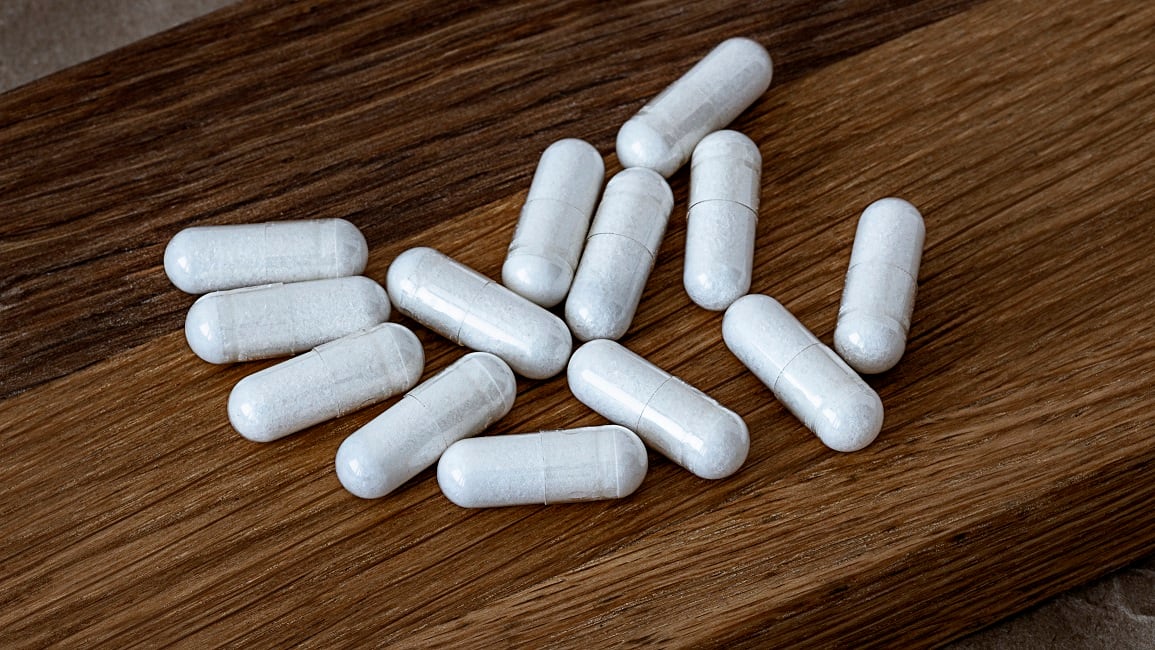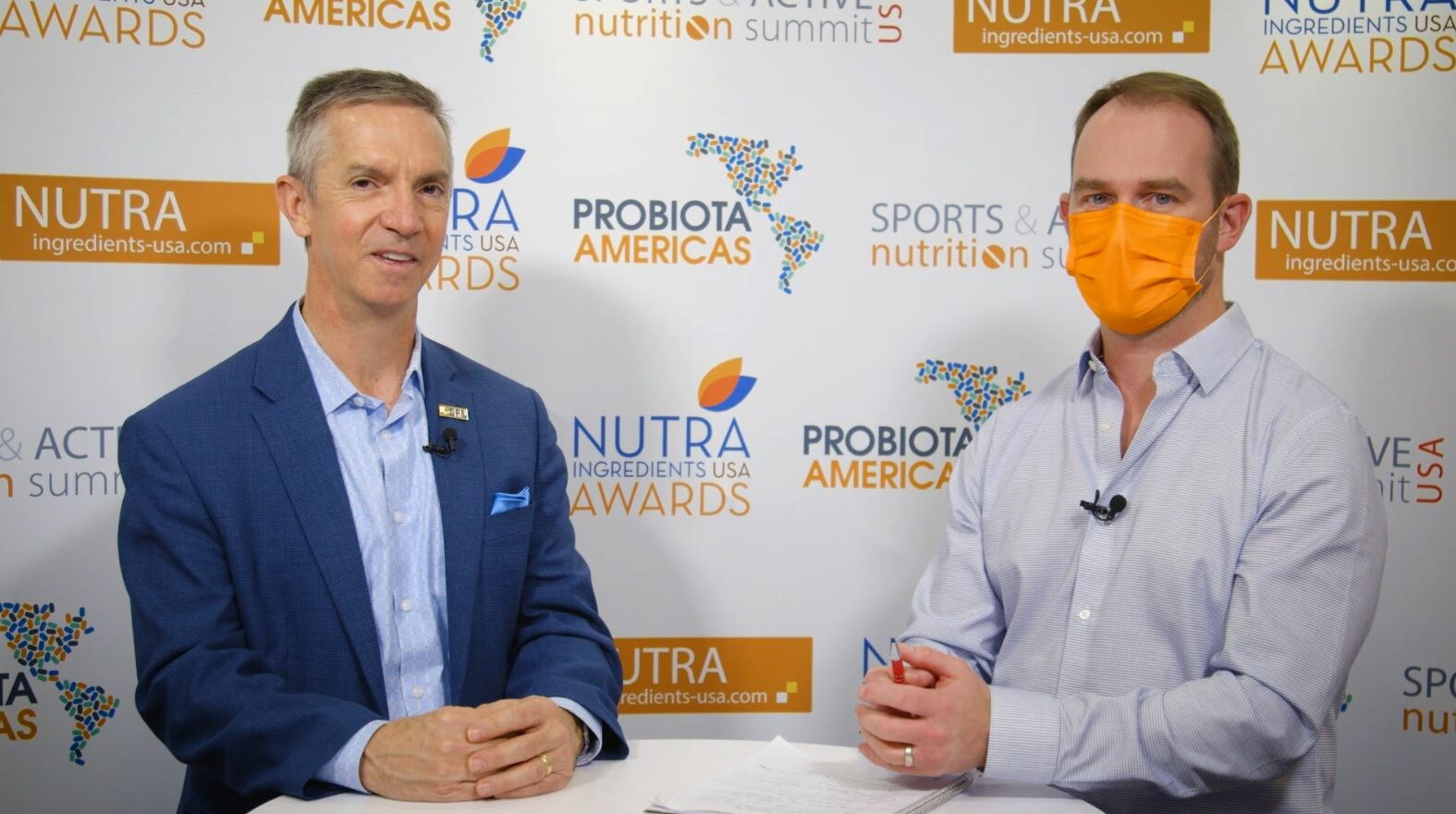“Our members looked at what was happening to N-acetyl cysteine and realized that this was not a one ingredient issue,” Mister told NutraIngredients-USA at Expo West 2022 in Anaheim. “What’s to prevent drug companies from picking another one and going back in time and saying, ‘we studied this in the 1970s, so we ought to get a monopoly over this ingredient and that ingredient’.
“As we looked through some of the old lists that we had, we were able to identify some other things that have some therapeutic benefit as drugs, and that’s the concern: If we lose this one it sets a precedent for the drug side of the industry to take even more ingredients from our space.”
NAC
NAC is naturally occurring and is found in foods like onions and garlic. It is a derivative of the amino acid L-cysteine and is a precursor of the cellular antioxidant glutathione.
FDA’s position to date has been that the ingredient is not a legal dietary ingredient due to prior approval as a drug: NAC was first approved as an inhaled mucolytic drug in 1963. There was also a new drug approval for NAC in 1985. FDA had taken no action regarding its status until the summer of 2020 when it sent seven warning letters to companies making hangover treatment claims, which FDA construed to be illegal disease treatment claims.
Despite the warning letters, the Agency has repeatedly stated that it has “not yet reached any determination” on the ingredient’s status.
NAC has been widely used for many years in finished dietary supplements, frequently as a standalone product, without any substantial safety concerns. A search of the Dietary Supplement Label Database from the NIH’s Office of Dietary Supplements yields 1,470 products containing N-acetyl-L-cysteine (database accessed Nov 24, 2021), including some of the biggest brands in the industry. However, Amazon confirmed in early 2021 that it would be removing NAC from its online marketplace.
In response to the FDA statements and market concerns, Citizen’s Petitions were filed with the FDA by NPA and the Council for Responsible Nutrition (CRN) relating to the ingredient this summer. The CRN petition asked the Agency to reverse its position that NAC-containing products cannot be dietary supplements. The NPA petition asked FDA to either determine that NAC is not excluded from the definition of a dietary supplement or, in the alternative, initiate rulemaking to make NAC a lawful dietary supplement under the Food, Drug, and Cosmetic Act.
The FDA issued tentative responses to both citizen petitions just before Thanksgiving 2021, and requested additional information from CRN, NPA, and other stakeholders.
Commenting on those submissions, Mister said that the information his organization has submitted to the Agency make a “very compelling argument that you cannot retroactively apply DSHEA. People who might have been studying a compound prior to 1994 certainly had no expectation that they were getting a monopoly over that ingredient because the law that gives them monopoly didn’t exist.
“I am very confident that FDA is going to understand the validity of that argument and we just have to wait a little bit longer, but I think we’re going to hear from the Agency pretty soon on this.”
Mandatory Product Listing
Mister also provided an update on proposals for a mandatory product listing (MPL) for dietary supplements. The MPL has been a central tenet of FDA’s plans to modernize the 27 year-old Dietary Supplement Health and Education Act (DSHEA) since it was mooted in 2019 by then-Commissioner of the FDA Dr Scott Gottlieb.
As reported last year by NutraIngredients-USA, draft bills were working their way through Congressional offices about the listing,
“I think we’re very close to having a bill introduced,” said Mister. “The effort right now is to try to ensure it’s a bipartisan effort: The sponsors of the bill are looking for some co-sponsors.
“I think the thing that concerns me the most right now is some of the misinformation that’s out there around mandatory product listing for people who don’t want to see it happen,” added Mister. “They’re saying it’s the first step down the road to pre-market approval. We’ve been very clear at CRN from two years ago when we started endorsing this idea that we would never sign off on something that was pre-market approval. It is basically an administrative task as you are bringing a new product to market, you give FDA your label and you go to market.
“Nothing about mandatory product listing can slow down your speed of innovation. Nothing allows them to say no.”
New director of the ODSP
NAC and the MPL are just two of the many issues sitting on the desk on Cara Welch, PhD, who started her role as the new permanent director of the FDA’s Office of Dietary Supplement Programs (ODSP) today (March 14, 2022).
“We’re delighted for Cara,” said Mister when asked about the appointment. “It’s going to be a great opportunity for her and certainly great for the industry. Cara has been around the industry, she has worked on the industry side of things, and she’s been at the Agency for about nine years.
“One of the things we’ve always valued with Cara is her frankness: She’ll tell you the good news and she’ll tell you the bad news and we think that kind of candor is very important.”




